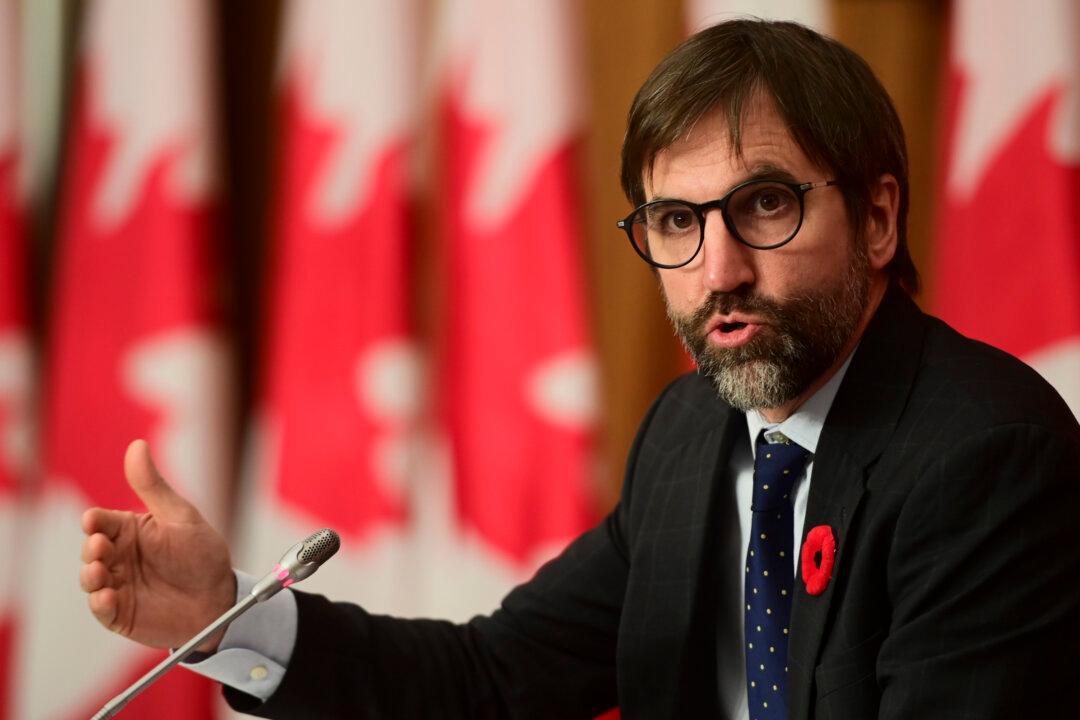The federal government must find a balance between its attempt to regulate foreign digital giants and public concerns of over-surveillance of the freedom of speech on the internet, a House of Commons committee heard this week.
On Nov. 3, 2020, the Liberal government introduced Bill C-10, the first legislation that has sought to amend Canada’s Broadcasting Act since 1991. The amendments aim to regulate social media and major technology firms as well as the content that internet users post online.





